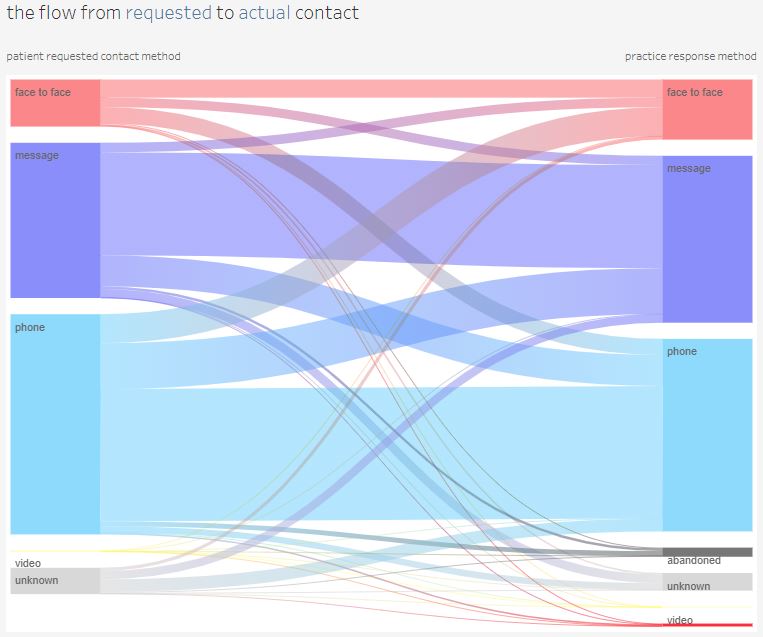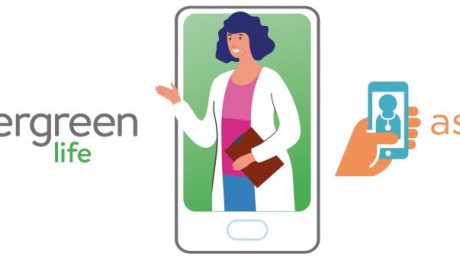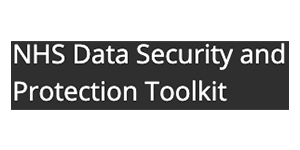askmyGP joins Evergreen Life for a huge step forward in patient-led healthcare
Evergreen Life is proud to announce the acquisition of Salvie Ltd, the creators of online consultation and workflow system, askmyGP. The two will now work together to help GPs, Clinical Commissioning Groups, Primary Care Networks, and health boards to manage caseloads and strengthen relationships with patients.
The acquisition presents a valuable opportunity for both companies to harness the others’ technical expertise and software experience. The two combined will allow for a wider scope of operations in primary care and better patient engagement, helping both companies progress towards their shared vision of facilitating better access to healthcare for individuals.
What is askmyGP?
askmyGP allows patients and carers to outline their issue quickly and simply in their own words. This enables busy surgery teams to efficiently triage requests, prioritise patients appropriately and minimise wait times. Founded by Harry Longman, askmyGP has been supporting GPs in managing their workload since 2011.
askmyGP serves GP practices with over two million patients and now expands Evergreen Life’s primary care services to include online consultations, including secure video and messaging. Individuals can be assured they always receive medical advice from trained NHS professionals via easily accessible digital channels, further developing the trust between patient and clinician.
What is Evergreen Life?
Established in 2014 in Manchester by former clinical pharmacist, Stephen Critchlow, the Evergreen Life app provides a handy way for people to access their medical records electronically and manage their healthcare online – users can request help or order a repeat prescription. The app also offers Wellness Check functionality to help people better understand their health by taking clinically-reviewed questionnaires to improve various aspects of their wellbeing such as sleep, fitness, diet and happiness.
“We believe in putting the individual at the heart of their own healthcare, so people can be empowered to get the health and wellbeing they want and get access to support when they need it. askmyGP is leading the way in person-centred solutions by making it easier for patients to talk to their own doctor and help GPs to prioritise and deliver care through message, phone and video. By working together and through the new Evergreen Connect platform, we can join up more areas of the health and care system as part of our mission to deliver People Powered Health,” said Mark Hindle, COO of Evergreen Life.
“We are joining a company well-established in the healthcare technology industry and which complements our work in being able to offer more to patients, GPs and other healthcare providers. askmyGP enables over 200 GP practices around the UK to manage their workflow and respond to patient demand with outstanding service, resolving 79% of requests on the same day,” said Harry Longman, CEO and founder of askmyGP.
Patients will benefit from a wider range of services and communications with their GP, and through the Evergreen Life app will be able to take better control of their own health. Providers will benefit initially from integration with clinical systems across the full range of patient facing services and better communications with patients through the app. As our products and services develop, they also gain from people taking control of their health, wellbeing and medical records.”
For more information about Evergreen Life visit: https://www.evergreen-life.co.uk/
ENDS
- Published in News
Who chooses how a patient sees their GP?
It’s a hotly contested topic. Data on what happens might help.
England’s Health Minister Sajid Javid said this week “Where patients have a desire to be seen face-to-face, and this has been an issue recently, I think that choice should be respected.”
Many would agree from both the patient and GP perspective, and respect should be at the heart of the relationship. The rub is when respecting choice becomes compulsory, and here the GP profession is loudly objecting. The GMS contract is silent on the mode by which patients are helped, the professional discretion of the practitioner being paramount.
So how might data inform the debate?
In the previous blog we looked at choices made by patients on the mode of response they would prefer, from the weekly 140,000 askmyGP requests. We can then track what happens to each one, as the GP or other practice staff member records the actual mode by which the request is completed.
The Sankey chart is an analytical joy, named after Captain Sankey in 1898 for his steam engines, earlier made famous for illustrating Napoleon’s 1812 Russian campaign. Adaptable to the flow between stages of any process, it brings instant illumination. It’s exactly what we need here to show the flow between patient preference and outcome with the GP or other staff.

The key points on face to face consultations:
– more patients had a f2f than asked for one
– only one third who asked for f2f got one
– most of those seen f2f had asked for telephone, and many only for a message response
What if patient preference ruled every time?
The data suggests the proportion of face to face would go down, and a number of patients would not be seen, because they asked for a telephone or message response. Of course, we can’t be sure what would have happened in an imagined scenario.
What is clear from the data that is that GPs are making the clinical choice to ask patients to come in even if they don’t want to.
As a patient, isn’t that exactly what you would want?
As a GP, isn’t that the discretion your work requires?
Harry Longman
Source: askmyGP live analytics
- Published in Evidence





